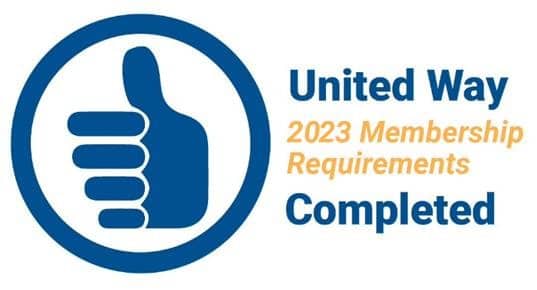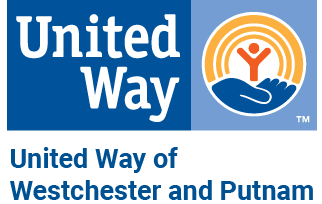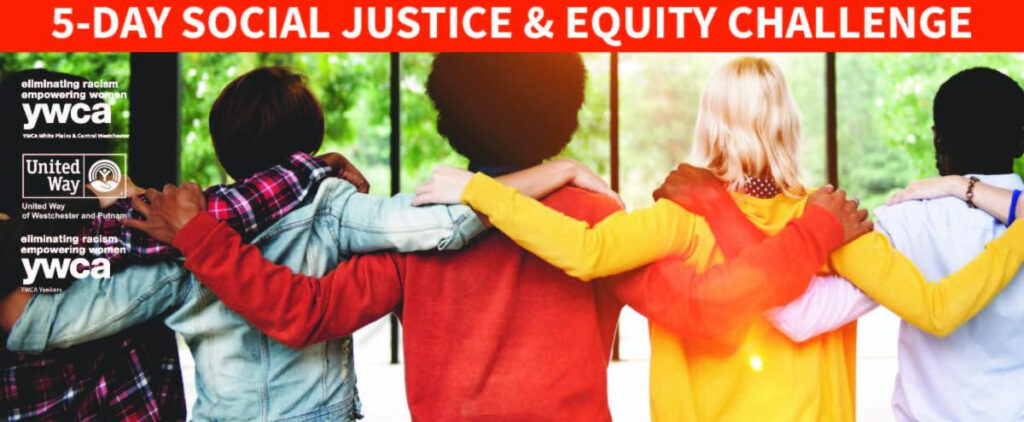
Racism and Housing Day 1: Racial Discrimination in Housing: A Historical and Current Perspective

Racial discrimination in housing has a long and ugly history in the United States. From the days of slavery to the present, people of color have been denied access to housing opportunities, often based on their race or ethnicity. This discrimination has profoundly impacted the lives of people of color, limiting their access to good schools, jobs, and other resources.
The roots of racial discrimination in housing can be traced back to the days of slavery. When the government abolished slavery, the system denied Black people the right to own property, including land and homes. This denial of property ownership made it difficult for Black people to build wealth and achieve economic security.
In the Jim Crow era, racial discrimination in housing became even more widespread. Laws and customs were put in place to segregate Black people from white people. These laws included housing covenants, which prohibited selling or renting homes to Black people in specific neighborhoods.
Racial discrimination in housing continues to be a problem today. A National Fair Housing Alliance study found that Black and Hispanic renters are more likely than white renters to experience discrimination in rental applications. The study also found that Black and Hispanic homebuyers are more likely than white homebuyers to be denied a loan or charged higher interest rates.
A significant amount of evidence pertaining to racial discrimination in housing occurred in Westchester County. Discrimination can take many forms, including blockbusting, racial steering, redlining, and harassment.
The effects of racial discrimination in housing are far-reaching. People of color who are denied access to housing opportunities are less likely to be able to build wealth, get a good education, or find a good job. Segregation, where people of color are concentrated in certain neighborhoods and white residents live in other communities, can lead to problems, such as poor schools, lack of job opportunities, and increased crime. This segregation can lead to a cycle of poverty and inequality that is difficult to break.
Additionally, segregation forces people of color to live in neighborhoods with lower property values and crime rates, making it more difficult for people of color to build wealth and achieve the American dream. Finally, racial discrimination in housing can also lead to health problems, as people of color are likelier to live in neighborhoods with poor air quality, lack of access to healthy food, and high crime rates.
Several things can be done to address racial discrimination in housing. One is to strengthen the Fair Housing Act and make it easier to enforce. Another is to provide more funding for fair housing enforcement agencies. We can also educate the public about the problem of racial discrimination in housing and encourage people to report discrimination when they see it.
Racial discrimination in housing is a complex and pervasive problem that has devastated the lives of people of color. There is no easy solution to this problem. Still, by strengthening fair housing laws, educating the public, and promoting diversity in the housing industry, we can progress toward a more just and equitable housing system for all.
Today's Challenge
READ
Fair Housing Report Reveals 44 of Downstate New Yorkers Live In Highly Segregated Counties
WATCH
Racism in real estate: How discrimination hurts Black homeownership
LISTEN
ICYMI – If You Don’t Know, Now You Know – Racism in Housing
REFLECT
How can you personally contribute to dismantling systemic racism in the housing market, considering the historical and ongoing disparities mentioned?
ACT
Take the initiative to educate yourself further on fair housing laws, support organizations working towards housing equity, and engage in conversations within your community to raise awareness about these issues. Your knowledge and advocacy can be powerful tools for positive change in the housing sector.
These articles were curated by a local committee to be used as a list of resources pertinent to DEI topics. The 21-Day Racial Equity Challenge Committee would like to thank and give attribution to those who created the content above, which reflects their individual perspectives. We do not support nor endorse any advertisements associated with the above content
The 5-Day Social Justice Journey is brought to you by

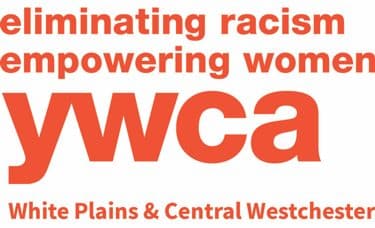

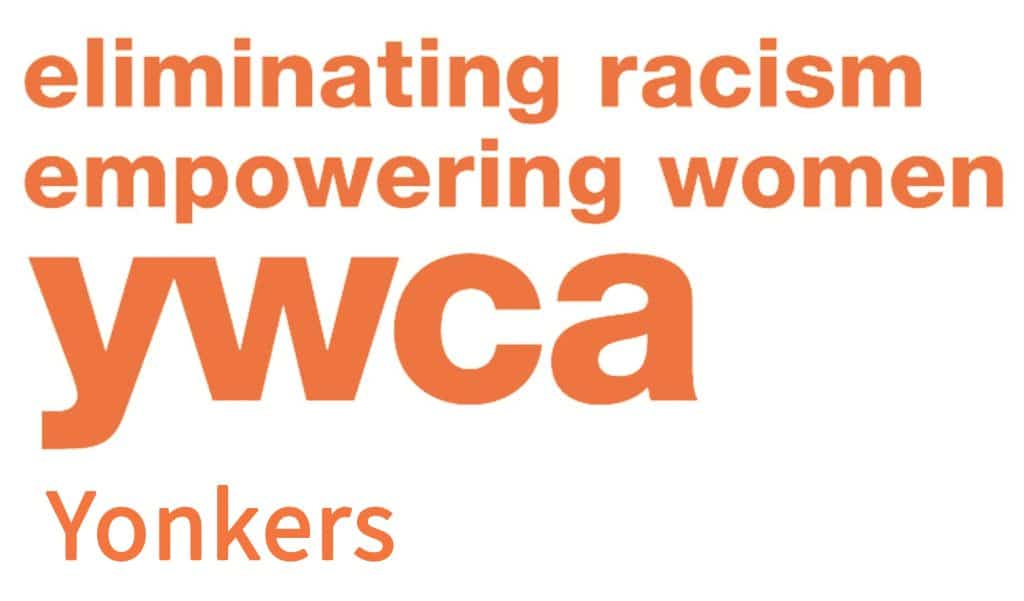
336 Central Park Avenue
White Plains, NY 10606
914.997.6700
Privacy Policy
Board Portal
Career Opportunities
